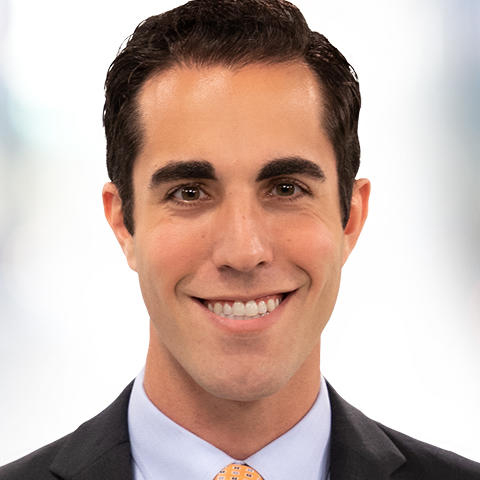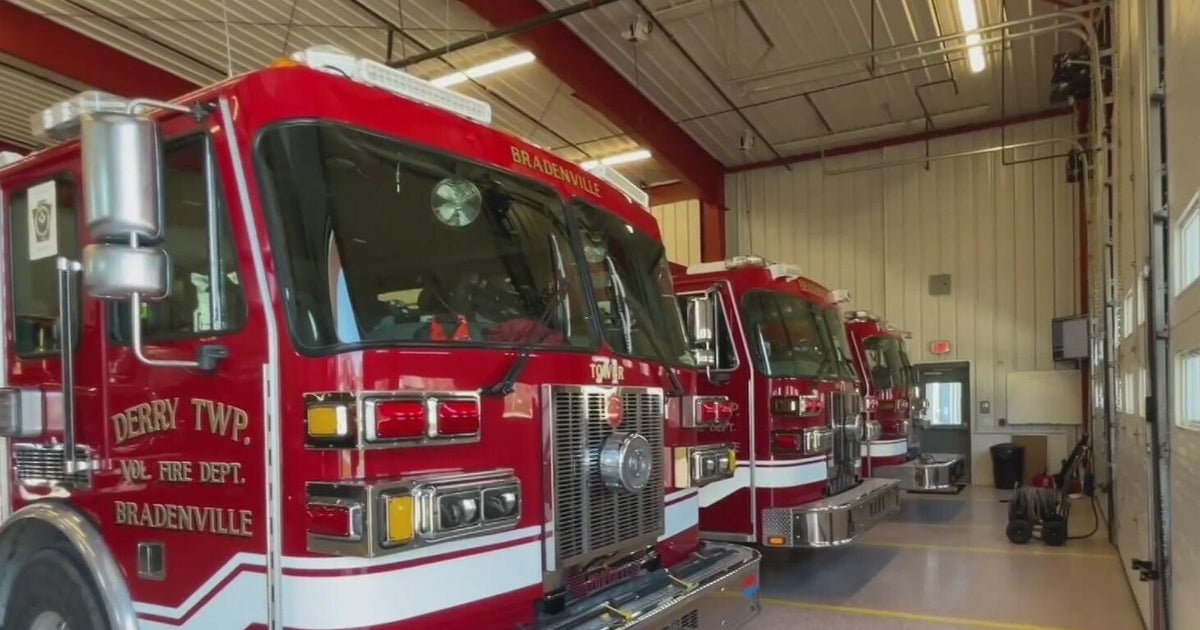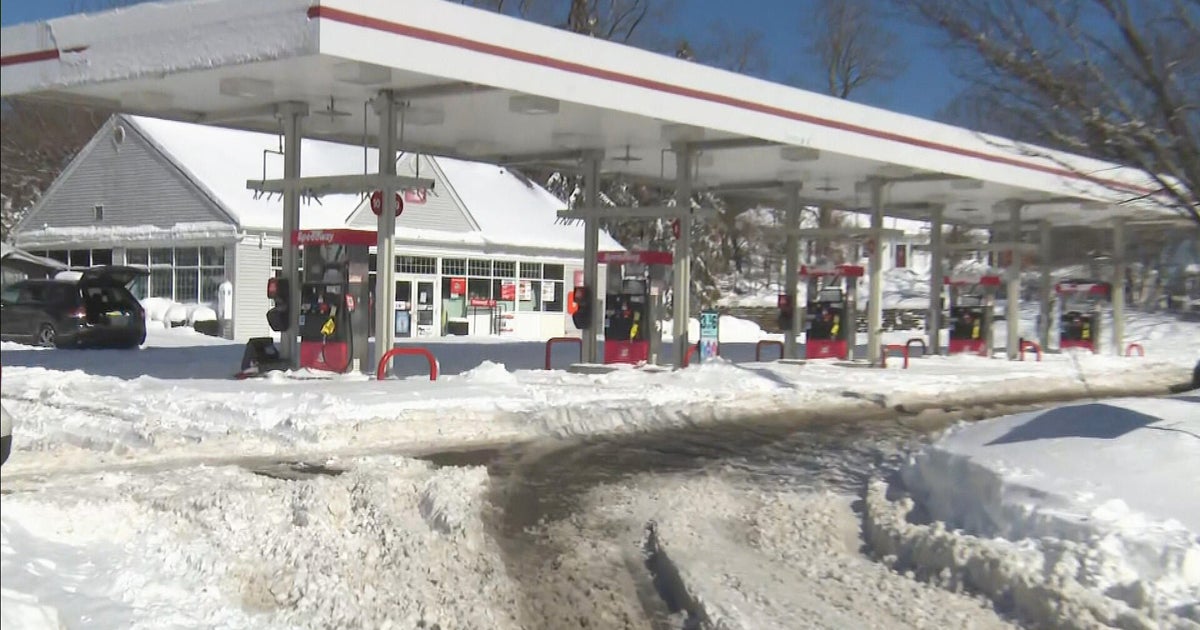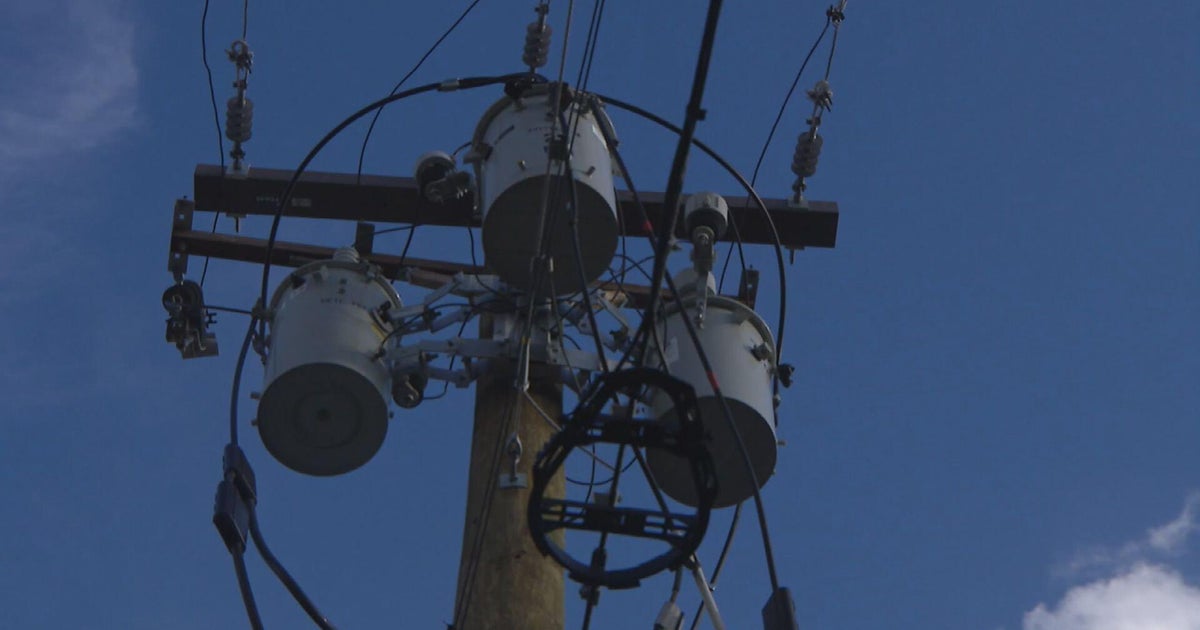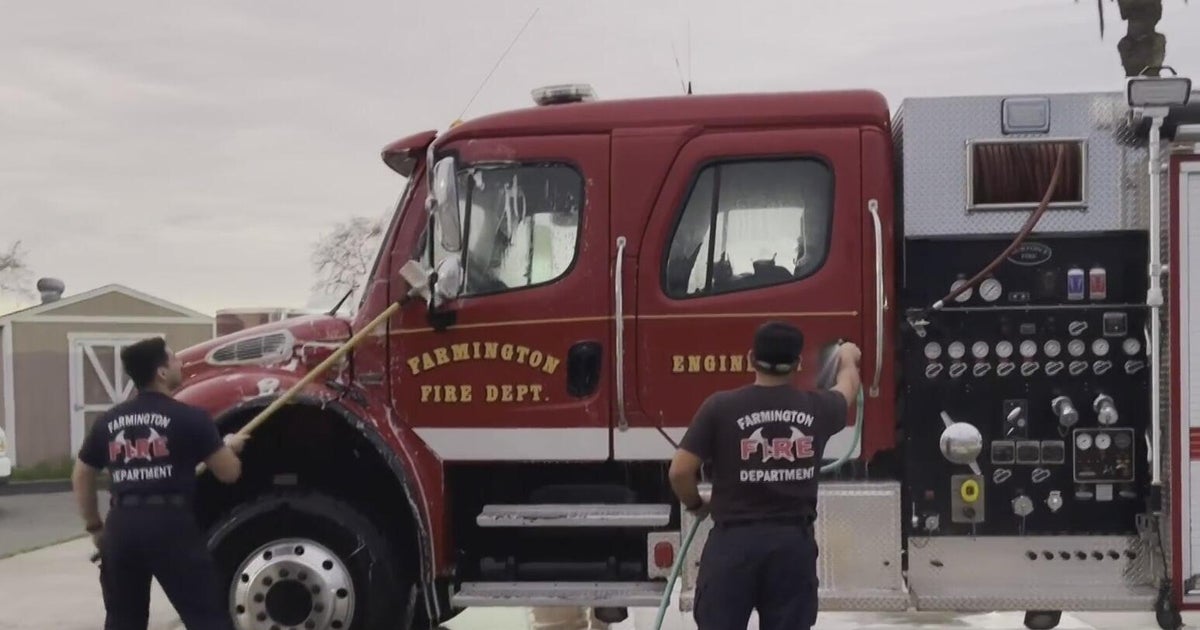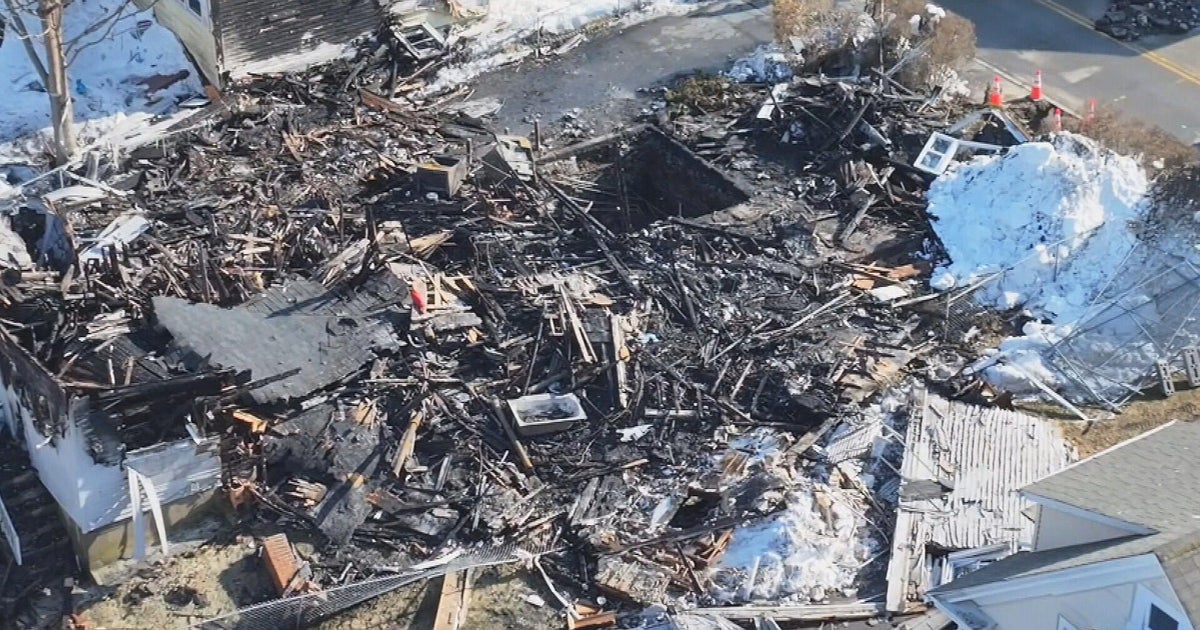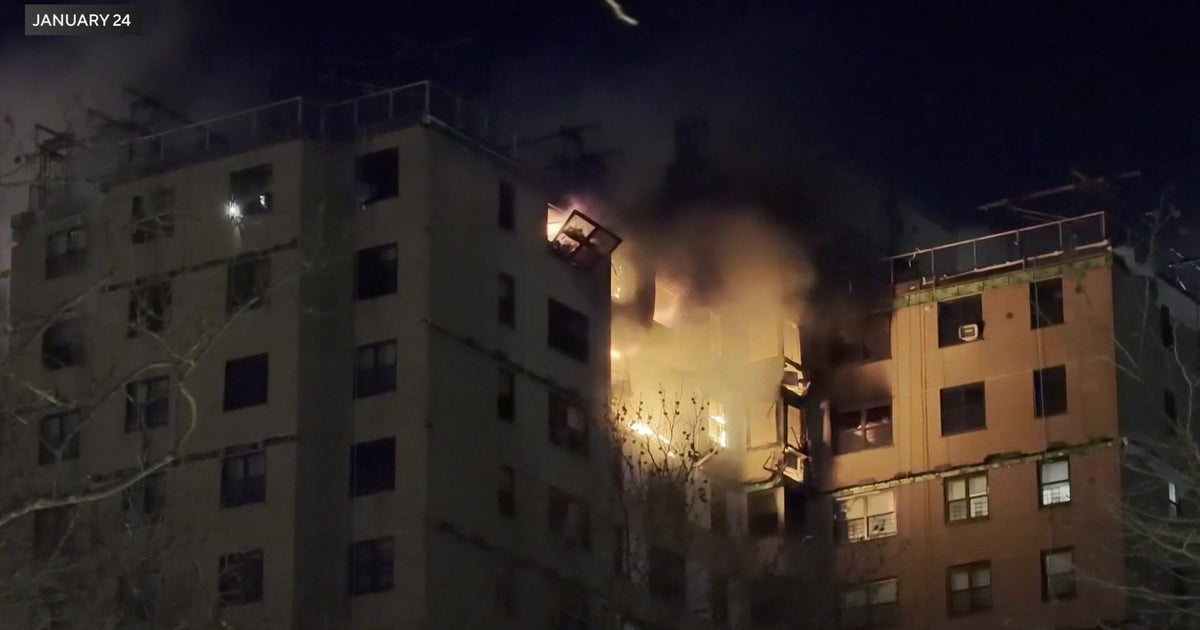How high gas prices could impact ambulance services
MINNEAPOLIS -- High gas prices are taking a hit on our wallets, but they could also be affecting the service you get in an emergency.
EMS companies are paying tens of thousands of extra dollars in gas this year, and they don't always get the reimbursements they need.
"We plan for fuel costs to go up every year, but not as dramatically as we're seeing it," said Tom Edminson, the chief of emergency medical services at M Health Fairview.
Edminson says his fleet of 70 emergency vehicles will travel 1.5 million miles this year.
Fairview's paying about $90,000 a month for fuel, which is about double what it was paying last year.
"Maybe we have to delay purchasing new, upgraded equipment till next year because we, you know, we have to pay more for gas this year," Edminson said.
Expenses are up across the board. Supplies cost more, and wages are higher in an effort to counter an industry-wide worker shortage.
Revenues, however, haven't changed. Ambulance services are mostly paid through insurance reimbursements that are at locked-in rates.
"The reimbursement rate is only based on the amount of miles that you transport the patient, so that's only one-way. We also have to drive back," said Randy Fischer, the owner and operator of Stevens County Ambulance Service in western Minnesota.
In cases where the patients are responsible for payment, Fischer says it's a crapshoot whether they'll pay. If not, it's lost revenue for the company.
M Health Fairview similarly shoulders those costs. In cases where city fire departments are responsible for responding to 911 calls, taxpayers share in the burden.
Fischer says his five ambulances cover a 40-mile radius from their home in Morris, Minnesota. The average call requires 100-150 total miles traveled, and his fuel costs are up $30,000-$40,000 a month.
He says small companies like his, and the life-saving services they provide, could be in danger of disappearing.
"Just that peace of mind for you, for me, if I need an ambulance, I know if I dial 911, it's going to be coming," Fischer said. "If we get to the point where we find out it's coming from 60 miles away instead of 30 miles away now, those are significant time changes."
Edminson says M Health Fairview is trying to work with legislators on increasing insurance reimbursement payments to help cover rising costs.
